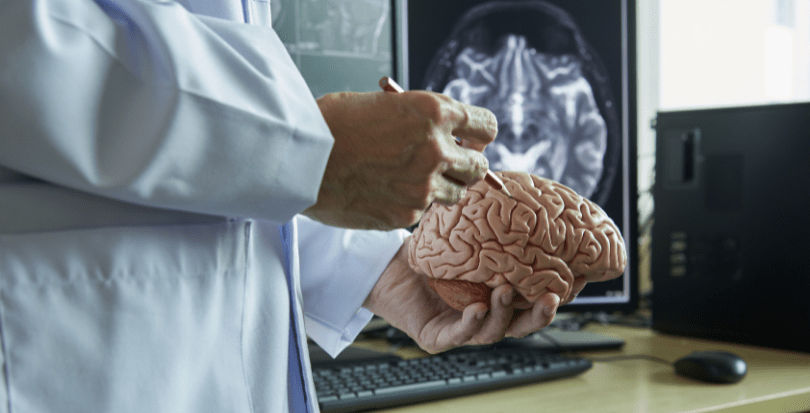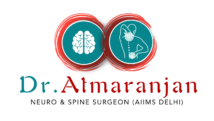Brain Surgery
Brain Surgery
Dr. Atmaranjan Dash
The brain comprises many nerve cells which collaborate with the entire body via the spinal cord and nervous system. These cells transmit information to certain parts of the brain where it is processed and translated into precise reactions. If the brain is not operating correctly, our speech, ability to translate information, and movements can be affected.

Dr. Atmaranjan, one of the best Neurosurgeon in Odisha, will meet with the patient to discuss their symptoms. He will then evaluate the targeted area through a physical exam, x-rays, and other crucial tests to give an accurate diagnosis. Through extensive consultation, Dr. Atmaranjan will personalize a moderate treatment plan for the patient’s condition.
FAQ Related To Brain Surgery
There will be minor pain post-surgery, and it is very common. Some patients may also have a slight headache. A pain killer can help control the pain. However, the skull and brain do not contain pain nerves, so the surgery will not be as painful as many patients might have imagined.
The incision will depend on the location of your problem and the procedure you are having. Dr. Atmaranjan, one of the best surgeons in Odisha, will attempt to place the incision in a favorable position
Dr. Atmaranjan and his well-experienced staff will advise you about the medications that you will need to take around the time of surgery.
Dr. Atmaranjan and his staff will advise you on medications, whether you need to stop them or can continue with them. Most of the medicines are safe to continue. However, those medicines that affect blood clotting or wound healing are generally stopped before surgery.
Most patients will have to do an MRI scan within 24 hours before surgery, to ensure nothing has changed with their condition before your operation. If you are unable to do an MRI, then a CT scan will be enough. Bring all your previous radiology films with you to the hospital.
